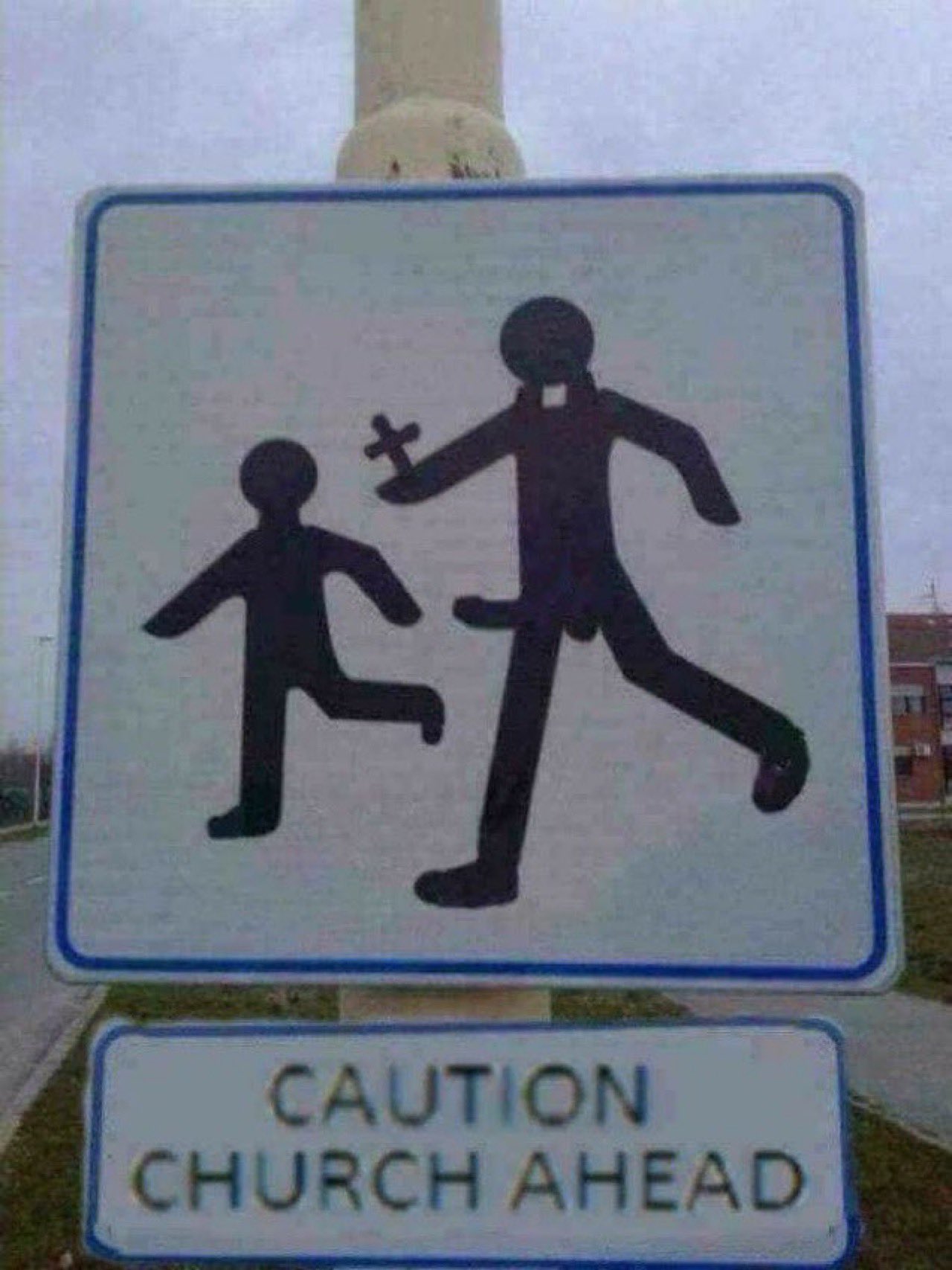ZenHalfTimeCrock
Well-Known Member
- Joined
- 18 Apr 2019
- Messages
- 1,443
- Team supported
- Manchester City
A more interesting question is not how religion began (though it is a fascinating one - many started out in opposition to existing power structures) but why it persists as a phenomenon.
A few suggestions:
1. Lots of people still, even now, claim to have religious experiences (individual, mystical, corporate, NDE’s etc.). And without religious experiences, you wouldn’t have religions. In other words, those Pentecostal Snake Handlers obviously think they are on to something.
2. We all seek to transcend our egos. Contemplative practices like meditation and prayer - so embedded in world faiths - can help with that. Of course, a suitable drug or combination of drugs, moments like 93:20, music and art, can induce the same effect.
3. Faith - like conspiracy theories - imposes order and meaning on an otherwise chaotic, random and meaningless universe.In connection with this, Freud and Lucretius both declared that humans created gods out of fear, suggesting that if we believe that gods inflict earthquakes, floods, famine and disease on us, attempts to propitiate them through penitential prayer or sacrifice might make us feel more in control of things. Of course, the stuff to do with the afterlife also helps with fear of death.
I have one last observation: quite a few contributors to this thread seem to equate religion with monotheism.
I would therefore gently remind them that ‘God’ is a not a concern of, off the top of my head and for starters, Buddhism, Jainism, Confucianism, Taoism, Shinto or the Carvaka/Lokayata schools of ancient Indian philosophy.
There is also no scholarly consensus about what ‘religion’ actually is, and therefore likely to be no irreducible essence to the concept.
For more on that, see Wittgenstein’s helpful notion of ‘family resemblance’.
A few suggestions:
1. Lots of people still, even now, claim to have religious experiences (individual, mystical, corporate, NDE’s etc.). And without religious experiences, you wouldn’t have religions. In other words, those Pentecostal Snake Handlers obviously think they are on to something.
2. We all seek to transcend our egos. Contemplative practices like meditation and prayer - so embedded in world faiths - can help with that. Of course, a suitable drug or combination of drugs, moments like 93:20, music and art, can induce the same effect.
3. Faith - like conspiracy theories - imposes order and meaning on an otherwise chaotic, random and meaningless universe.In connection with this, Freud and Lucretius both declared that humans created gods out of fear, suggesting that if we believe that gods inflict earthquakes, floods, famine and disease on us, attempts to propitiate them through penitential prayer or sacrifice might make us feel more in control of things. Of course, the stuff to do with the afterlife also helps with fear of death.
I have one last observation: quite a few contributors to this thread seem to equate religion with monotheism.
I would therefore gently remind them that ‘God’ is a not a concern of, off the top of my head and for starters, Buddhism, Jainism, Confucianism, Taoism, Shinto or the Carvaka/Lokayata schools of ancient Indian philosophy.
There is also no scholarly consensus about what ‘religion’ actually is, and therefore likely to be no irreducible essence to the concept.
For more on that, see Wittgenstein’s helpful notion of ‘family resemblance’.
Last edited:


